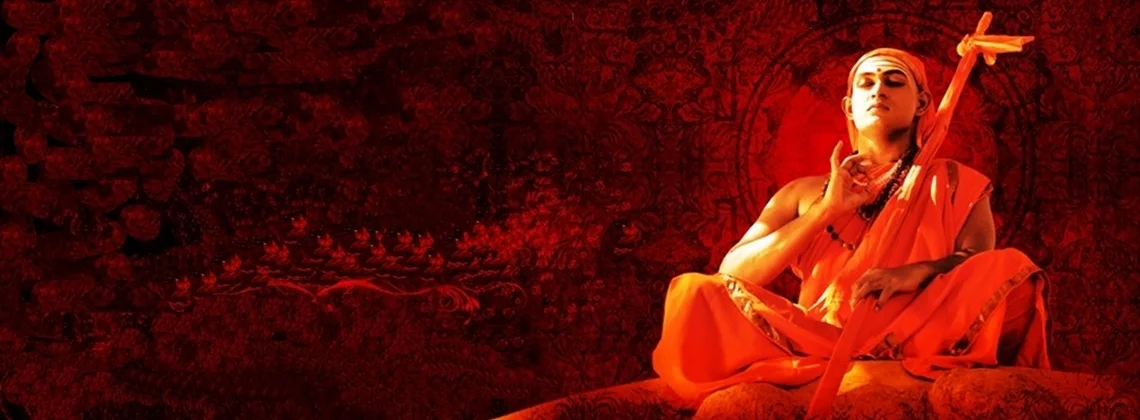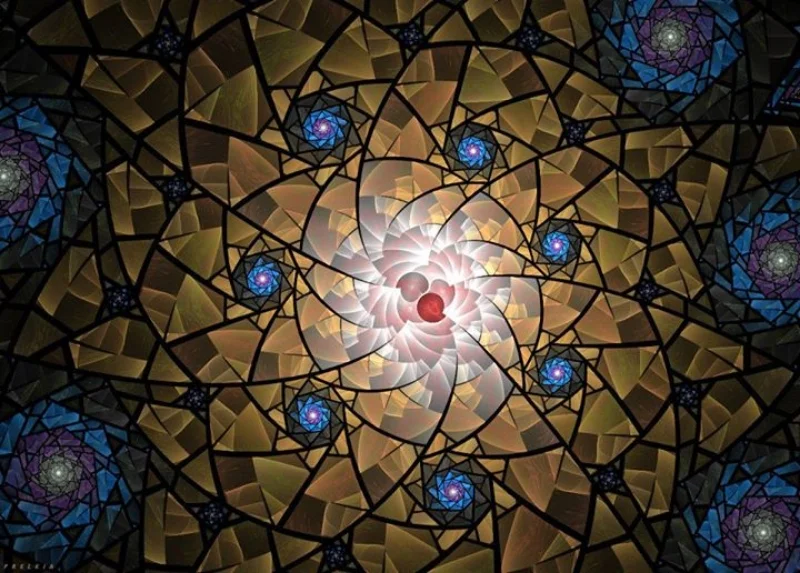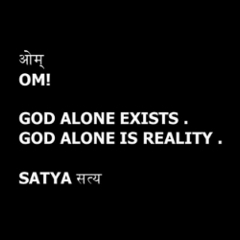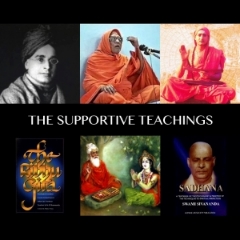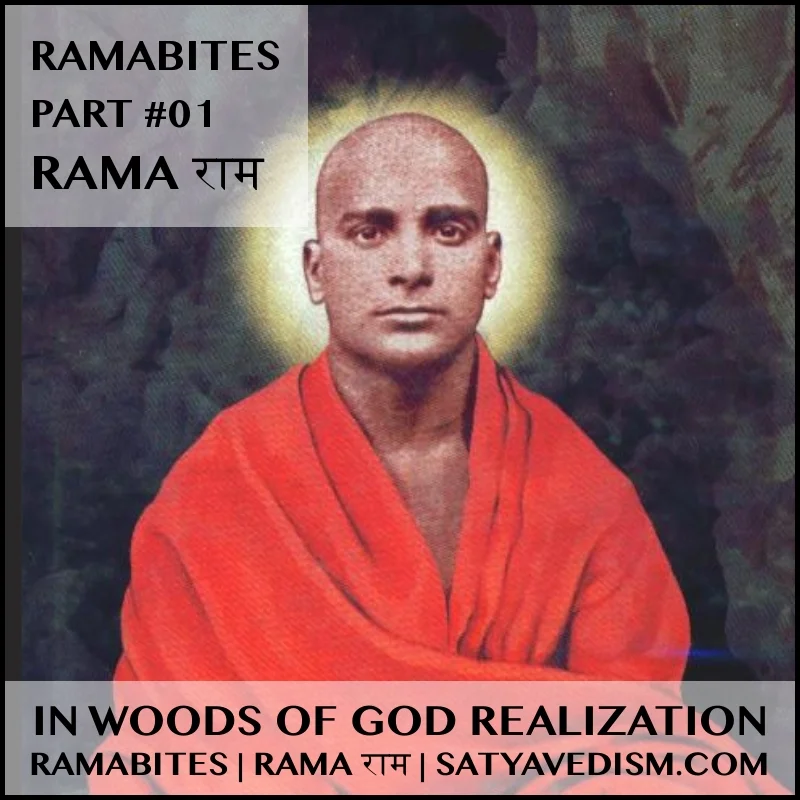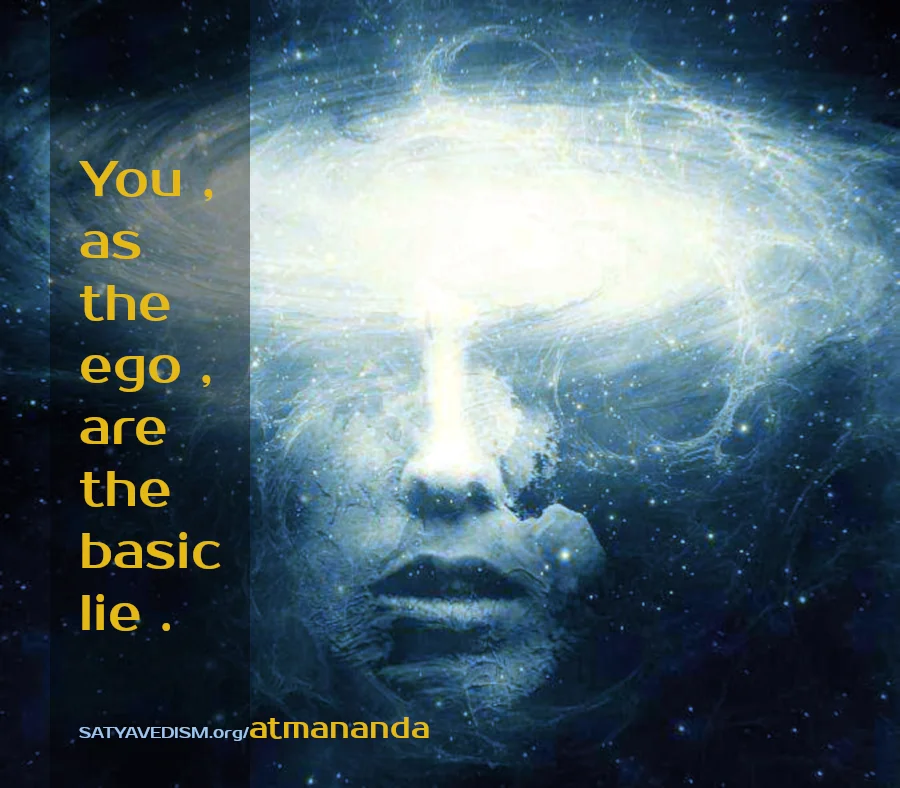TAITTIRIYA UPANISAD | 2.7 | AMOETD
| | homeTAITTIRIYA UPANISAD | 2.7 | SRI ADI SANKARACARYA
asad va idam agra asit . tato vai sad ajayata. tad atmanam svayam akuruta. tasmat tat sukrtam uchyata iti . yad vai tat sukrtam raso vai sah . rasam hy evayam labdhvanandi bhavati . ko hy evanyat kah pranyad yad esha akasha anando na syat . esha hy evanandayati . yada hy evaisha etasminn adrishye'natmye 'nirukte 'nilayane 'bhayam pratishtham vindate . atha so 'bhayam gato bhavati . yada hy evaisha etasminn udaram antaram kurute . atha tasya bhayam bhavati . tattveva bhayam vidusho manvanasya . tad apy esha shloko bhavati || 2.7.1 ||
1. In the beginning all this was but the unmanifested ( Brahman ) . From that emerged the manifested . That Brahman created Itself by Itself . Therefore It is called the self-creator .
That which is known as the self-creator is verily the source of joy ; for one becomes happy by coming in contact with that source of joy . Who , indeed , will inhale , and who will exhale , if this Bliss be not there in the supreme space ( within the heart ) . This one , indeed , enlivens ( people ) . For whenever an aspirant gets fearlessly established in this unperceivable , bodiless , inexpressible , and unsupporting Brahman , one reaches the state of fearlessness . For , whenever the aspirant creates the slightest difference in It , one is smitten with fear . Nevertheless , that very Brahman is a terror to the ( so-called ) learned one who lacks the unitive outlook .
|| BHASYA || : Illustrative of this here is a verse :
Asat vai idam agre asit , in the beginning all this was but the unmanifested ( Brahman ) . By the word asat is meant the unmanifested state of Brahman as contrasted with the state in which distinctions of name and form become manifested .
Not that absolute non-existence ( the root meaning of the word , asat ) is meant , for the existent cannot come out of the non-existent . Idam , this standing for the manifested world possessed of the distinctions of name and form ; agre , in the beginning — before creation ; asit asat , was but Brahman that could be called asat . Tatah , from that — from that Unmanifested ; vai , indeed ; sat , that which is distinguished by manifested name and form ; ajayata , was born .
Is the effect entirely separate from that ( cause ) , just as a child is from the parent ?
The answer is being given negatively : Tat , that which is called the Unmanifested ( Brahman ) ; svayam , Itself ; akuruta , created ; atmanam , Itself . Since this is so , tasmat , therefore ; tat , that Brahman Itself ; ucyate , is called ; the sukrtam , self-creator . *
By virtue of being the cause of everything , Brahman is well recognized in this world as the self-creator . Or , since Brahman Itself created everything by virtue of Its being everything , therefore that very Brahman , which is the cause from the standpoint of virtue as well , is called sukrta ( merit ) . *
At all events , whether the meaning of sukrta be " merit " or it be the other one ( self-creator ) , that cause which brings ( one ) into association etc with a result is familiarly known in the world as sukrta . That well known fact is possible only if there is an eternal consciousness acting as the cause . Hence , from the well known fact of sukrta , it follows that Brahman exists .
It exists because of this further reason . Of which reason ? Since It is the source of joy . How is Brahman well known as the source of joy ?
The answer is : Yat vai tat sukrtam , that which is known as the self-creator ; rasah vai sah , is verily the rasah , ( a source of joy ) . Rasah stands for anything that is a means for satisfaction , i.e. a source of joy , such as sweet and sour things which are well known to be so in the world . Rasam labdhva , getting a thing of joy ; ayam bhavati , one becomes ; anandi , happy .
A nonentity is not seen in this world to be a cause of happiness . Inasmuch as those Brahmanas who have realized Brahman are seen to be as happy as one is from obtaining an external source of joy — though , in fact , they do not take help of any external means of happiness , make no effort , and cherish no desire — , it follows , as a matter of course , that Brahman is , indeed , the source of their joy . Hence there does exist that Brahman which is full of joy * and is the spring of their happiness .
Brahman exists because of this additional reason . Of which ? Since such actions as exhaling are seen . This body , too , of a living being , exhales through that function of the vital force called prana and inhales through that other called apana . Thus are the body and senses , in their association , seen to perform their vital and organic functions .
This coming into association for serving a common purpose is not possible unless there is a sentient being which is not a part of this conglomeration . For such is not the case anywhere else . *
That fact is being stated : yat , if ; esah anandah , this Bliss ; na syat , should not be there ; akase , in the ( supreme ) space that is lodged in the cavity of the heart ; then in this world , kah hi eva , who , indeed ; anyat , would inhale , i.e. perform the function of apana ; or kah pranyat , who would exhale , i.e. perform the function of prana ?
Therefore that Brahman , for whose purpose there are such activities of the body and senses , as exhaling etc , does exist ; and the happiness of people is caused by That itself . How ?
Esah hi eva , this one , this supreme Self , indeed ; anandayati ( i.e. anandayati ) , enlivens — people , in accordance with their merit . The idea is this : That very Self , which is Bliss by nature , is thought of as limited and diversified by people because of their ignorance .
That Brahman exists as the cause of fear and fearlessness of those of ignorance and knowledge ( respectively ) . For fearlessness comes as a result of taking refuge in something that exists , whereas fear cannot cease by resorting to some thing that does not exist .
How does Brahman become the cause of fearlessness ?
The answer is : Hi , since ; yada eva , at the very time ; that esah , this one — an aspirant ; etasmin , in this one in Brahman — .
( In Brahman ) of what kind ?
Adrsye : drsya is anything that is meant to be seen , that is to say , any modification ; for a modification is meant to be perceived ; what is not a drsya is adrsya , i.e. changeless . In this adrsye , changeless , that which is not an object of cognition . Anatmye , in the unembodied . Since It is imperceptible , It is incorporeal . Since It is incorporeal , It is aniruklam , inexpressible .
Anything possessed of attributes can alone be expressed in words , and anything possessed of attributes is mutable , whereas Brahman is changeless , It being the source of all modifications . Hence , It is inexpressible .
That being so , It is anilayanam : nilayana is a nest , refuge ; anilayana is the opposite of that ; It is without support . The meaning of the sentence is : ( When ) in that entity which is this changeless , unembodied , inexpressible , unsustaining Brahman , which is distinct from all the attributes of a product , ( the aspirant ) vindate , gets ; pratistham , stability , Self-absorption ; abhayam , in a fearless way — .
The word abhayam ( fearlessly ) is used adverbially ( to modify the verb vindate , gets ) ; or it has to be changed in gender to abhayam ( fearless ) to qualify the noun ( pratistham , stability ) . ( When the aspirant gets this fearless stability in Brahman ) atha , then ; since one does not see diversity which is the creation of ignorance and the cause of fear , therefore , sah , one ; abhayam gatah bhavati , becomes established in fearlessness .
When one becomes established in one's true nature , then one does not see anything else , does not hear anything else , does not know anything else .
Someone gets afraid of someone else , but it is not logical that the Self should be afraid of the Self . Hence the Self is the source of fearlessness for the Self . In spite of the existence of the cause of fear , there are Brahmanas to be found who are indeed free of fear from all quarters . This would be unjustifiable if Brahman , the protector from fear were not there .
Therefore , from the fact of noticing their fearlessness , it follows that Brahman exists as the source of that intrepidity .
When does that aspirant reach fearlessness ?
When one does not perceive anything else and does not create any antaram , difference , in the Self , then one attains fearlessness . This is the idea .
On the contrary , hi , since ; yada , when , in the state of ignorance ; esah , this one , the ignorant one sees the Self something presented by nescience , like the vision of a second moon seen by one suffering from the eye-disease called timira ; and etasmin , in this , in Brahman ; kurute , one perceives ; ut aram , even a slight ; antaram , hole , difference — since the perception of difference is the cause of fear , * it means that even if one sees the slightest difference — ; atha , then , because of that seeing of difference ; bhayam bhavati , fear crops up for this soul that perceives difference .
So the Self alone is the cause of fear to the self in the case of an ignorant person . The Upanisad states that very fact here : Tu nevertheless ; tat eva , that very Brahman ; is bhayam , a terror ; vidusah , to the one of ( apparent ) learning , who perceives difference ; that very Brahman , when perceived through ( a sense of ) duality and called GOD , becomes a terror for the ( apparently ) learned one who knows thus :
" GOD is different from me , and I am a worldly creature different from GOD "
, and who creates the slightest difference . ( It becomes a terror ) amanvanasya , for one who does not view from the standpoint of unity .
Accordingly , the one who does not realize the reality that is the Self , which is one and undifferentiated , is surely unenlightened , though one may be learned .
Anyone who considers oneself destructible becomes struck with fear at the very sight of a destructive agency . A destroyer ( in the ultimate analysis ) can be so , only if it is itself indestructible . *
Now , if there be no cause of destruction , there should be no such fear in the destructible as issues from a perception of a destroyer . The whole world , however , is seen to be stricken with fear .
Therefore , from the perceived fact of fear in the world , it follows that there does exist a terrifying thing which is by nature an indestructible agent of destruction , because of which the world shudders .
( NOTES : * Sukrtam ( standing for svakrta ) should mean " self-created " . But Sankara takes it as a Vedic licence for " self-creator " . — A.G.
* Sukrta ( lit. well-done ) means merit , which is one of the causes of creation .
* Taking the expression , rasavat , to mean " like a juice , i.e. like a sweet thing " ( instead of " full of joy " ) , the concluding portion may be translated thus : " . . . Brahman which is the spring of their happiness just as a sweet thing is . "
* Building materials themselves , for instance , do not erect a structure . A house stands here because somebody built it and yet did not form a part of it .
* Another reading is bhedadarsanam eva hi antarakaranam — " the seeing of difference itself is the creator of difference " .
* The ultimate cause of fear must itself be indestructible , since a contrary supposition will lead to an infinite regress . And such an eternal agent is Brahman . )
|| UPADESA SAHASRI : A METHOD OF ENLIGHTENING THE DISCIPLE || I.I.6 || COMPLETE AMOETD SERIES ➤➤ | INTRODUCTION ➤➤ ||
|| THIS SCRIPTURE SERIES SOURCE || ➤
|| 1 || http://www.SATYAVEDISM.com ||
|| 2 || http://bit.ly/SRIADISHANKARA ||
http://www.SATYAVEDISM.com/shankara/amoetd/
SOURCE | SATYAVEDISM.ORG
